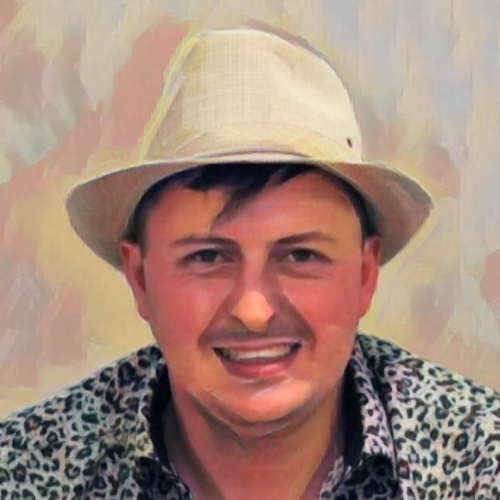Validating Lipid-Based Aging Clocks - Max Unfried at Longevity Summit Dublin 2024
Max Unfried gave a keynote presentation on the validation of lipid-based ageing clocks
The Longevity Summit Dublin 2024 included an engaging keynote by Max Unfried, a computational biologist with a focus on aging biology. His presentation focused on validating lipid-based aging clocks, an innovative approach to measuring biological age using lipidomics. Unfried’s work explores how lipids—key components of cellular membranes and signalling molecules—change with age and can serve as biomarkers for aging and age-related diseases. He emphasized the potential of lipid-based clocks to provide insights into not only aging but also cancer and neurological diseases, positioning lipids as a crucial frontier in longevity research.
Key Points:
- Understanding Lipids Beyond Cholesterol: Max Unfried highlighted the diversity of lipids, which include not only cholesterol but also hormones, cannabinoids, and various signalling molecules, playing crucial roles in health, aging, and disease.
- Lipid-Based Aging Clocks: Unfried presented his work on developing lipid-based aging clocks, which use lipid profiles to predict biological age. These clocks aim to identify fast or slow aging patterns, initially tested in model organisms like worms and now being applied to human data.
- Human Lipidome Studies: He discussed the challenges in finding large-scale lipidomic data and shared how he used data from pancreatic cancer patients to build aging clocks that predict mortality and differentiate between healthy, pancreatitis, and cancer patients.
- Prognostic Potential in Cancer: Unfried showed how lipid age acceleration could serve as a prognostic marker for survival in cancer patients, with higher lipid age acceleration linked to shorter survival times, independent of chronological age.
- Lipid Dysregulation in Aging and Disease: His research identified specific lipid classes, such as ceramides and sphingolipids, that are significantly dysregulated in both aging and diseases like cancer, suggesting that lipid pathways may compress key aging dynamics.
- Future of Lipid Research: Unfried called for more exploration of the "dark matter" of the lipid universe, much of which remains unstudied. He emphasized the potential for new lipid-targeting therapies, building on the success of current lipid-lowering drugs.
Visit website: https://www.youtube.com/watch?v=p-fCvbQ0evc
Details last updated 04-Oct-2024
Mentioned in this Resource
Longevity Summit Dublin 2024
13-Jun-2024 to 16-Jun-2024
Event gathering Global Longevity and Rejuvenation community in Dublin by LEV Foundation (Dublin, Ireland)
Maximilian Unfried
PhD student at the National University of Singapore applying AI and Complexity Science to Aging Biology and Lipids




